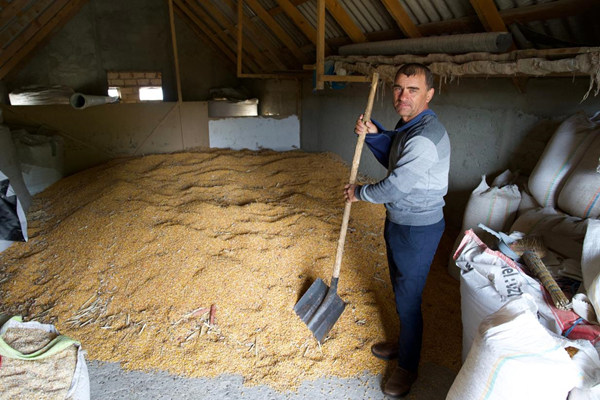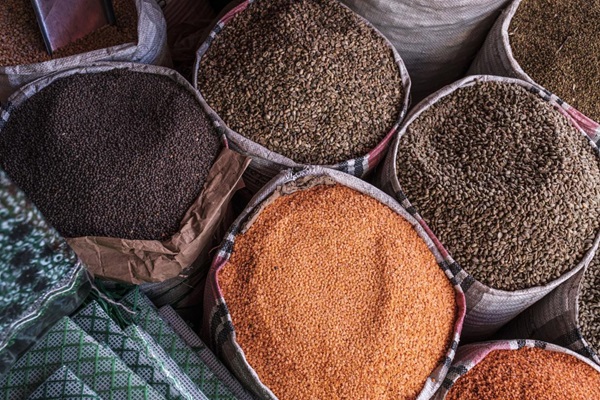Latest Stories
Latest News
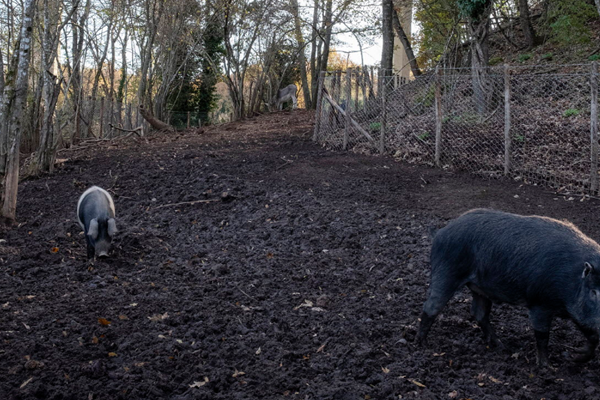
Finetuning prevention and early detection of African swine fever
09/10/2023
African swine fever, an infectious viral and highly lethal disease that kills pigs and wild boar, first appeared in the Balkans and the Republic of Moldova nearly a decade ago. While not a threat to human health, the virus is a major hazard to pig farms, livelihoods, local economies, and food security.

Ecosystem services shine at film festival
06/10/2023
The multitude of vital benefits that nature provides to society are called ‘ecosystem services’. The Food and Agriculture Organization of the United Nations (FAO) applauds the Czech movie The values of nature that helps us understand the value of these ecosystem services, and has just awarded it the Osiris Prize at the thirty-ninth international Agrofilm festival in Slovakia (2 – 7 October 2023).
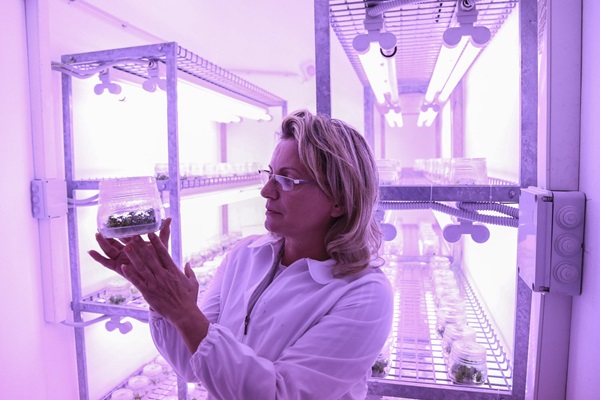
FAO hosts first-ever Science and Innovation Week for Europe and Central Asia
05/10/2023
Hosted by the Food and Agriculture Organization of the United Nations (FAO), the first-ever Science and Innovation Week for Europe and Central Asia facilitated robust discussions and knowledge exchange on the integration of science, research, and innovation with policymaking to drive the transformation of agrifood systems in Europe and Central Asia toward sustainability, inclusivity, and resilience.
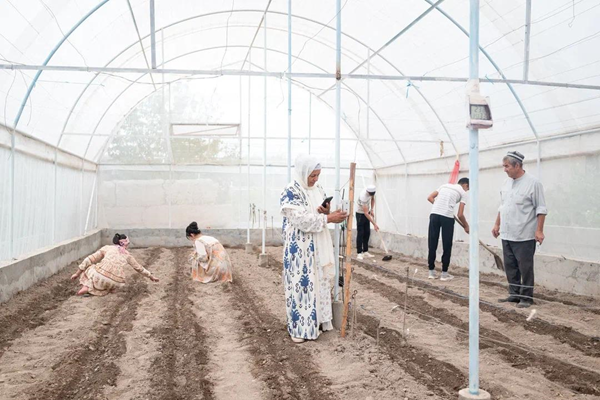
Innovation and digitalization will shape future food systems in Europe and Central Asia
02/10/2023
In historic Samarkand, Uzbekistan, leading thinkers from around the globe convened for an international conference on food security to discuss a more sustainable, equitable, and resilient future for the world's agrifood systems. The event was organized by the Government of Uzbekistan, with technical support of the Food and Agriculture Organization of the United Nations (FAO).
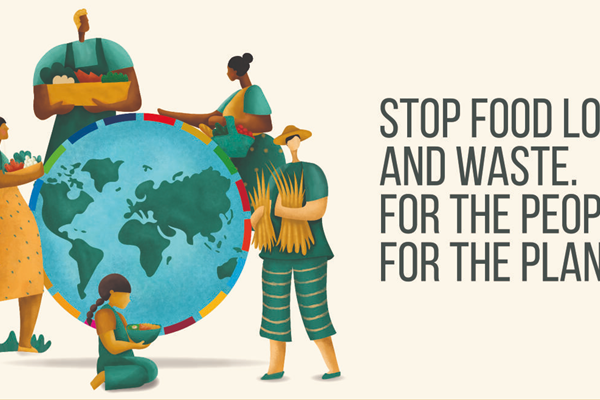
Unlocking food loss and waste: a behavioural perspective
29/09/2023
Food loss and waste (FLW) is an intricate, multidimensional socioeconomic issue that results from malfunctioning agrifood systems. Given the complex nature of the latter, comprising institutions, processes, and – importantly - people's interactions, FLW prevention and reduction should consider the complex interrelations between the various actors involved and their environments. In other words, it is important to understand human behaviour and the ways to influence it so that more sustainable choices are made by all actors all along the food chain.
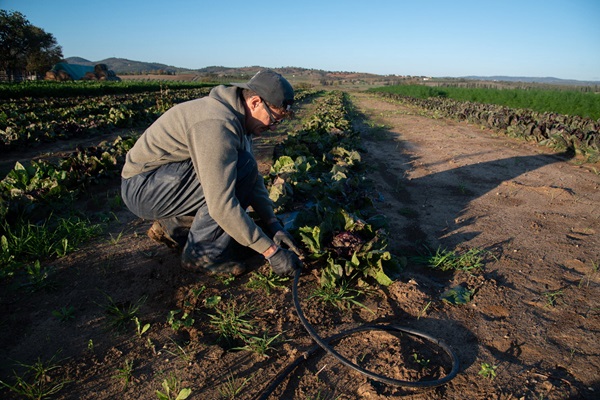
Regional leaders discuss protection of precious land and water resources
29/09/2023
In Europe and Central Asia, Members of the Food and Agriculture Organization of the United Nations (FAO) talked about improving the management of land and water resources at the Forty-third Session of the European Commission on Agriculture, held in Budapest from 27 to 28 September. The meeting marked a significant step towards Member Nations enacting their commitments to achieve the Sustainable Development Goals (SDGs).
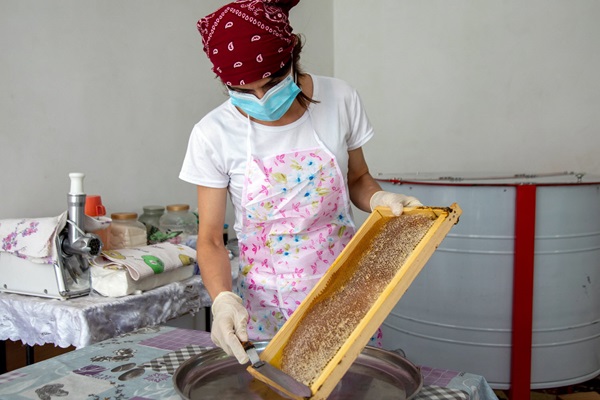
Countries in Europe and Central Asia reconfirm commitment to advance food standards in the region
25/09/2023
Food standards help ensure that food produced, traded, and consumed is safe, and meets the quality parameters expected by the consumer. Several countries in the Europe and Central Asia region use Codex standards and texts as the basis for strengthening their legal framework for food safety including development of food laws, regulations, and other measures.
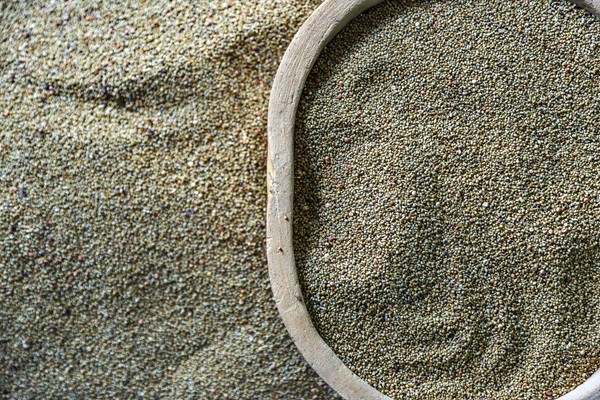
Millet: the “forgotten crop” is making a comeback
21/09/2023
The drought-resistant cereal millet is now undergoing a renaissance in its cultivation and consumption as an important crop in sustainable agrifood systems. Türkiye ranks high in the world as a drought-risk prone country. As climate change accelerates the frequency and severi...
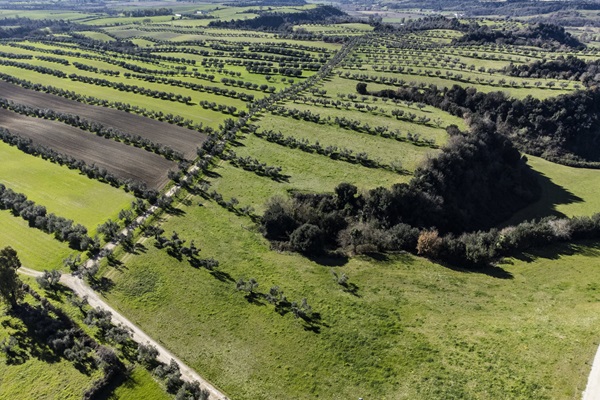
LANDNET workshop focuses on land banking and land consolidation issues
20/09/2023
The fourteenth International LANDNET Workshop took place from 5 to 7 September 2023 in Istanbul. Organized by the Food and Agriculture Organization of the United Nations (FAO) in collaboration with the General Directorate of State Hydraulic Works (DSI) and the General Directorate of Agrarian Reform (GDAR) of the Ministry of Agriculture and Forestry of Türkiye, the workshop brought together approximately 100 participants from around 30 countries, mostly from Europe and Central Asia.
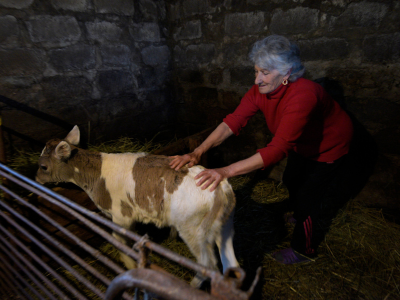
FAO survey closely examines antimicrobial use in Armenia’s livestock sector
13/09/2023
The Food and Agriculture Organization of the United Nations (FAO) hosted a groundbreaking workshop that unveiled the findings of a pioneering survey on antimicrobials use (AMU) within the food and veterinary sector in Armenia. The survey, the first of its kind in Armenia, represents a significant step towards understanding and addressing the challenges posed by antimicrobial resistance (AMR) to the country's vital livestock sector.

